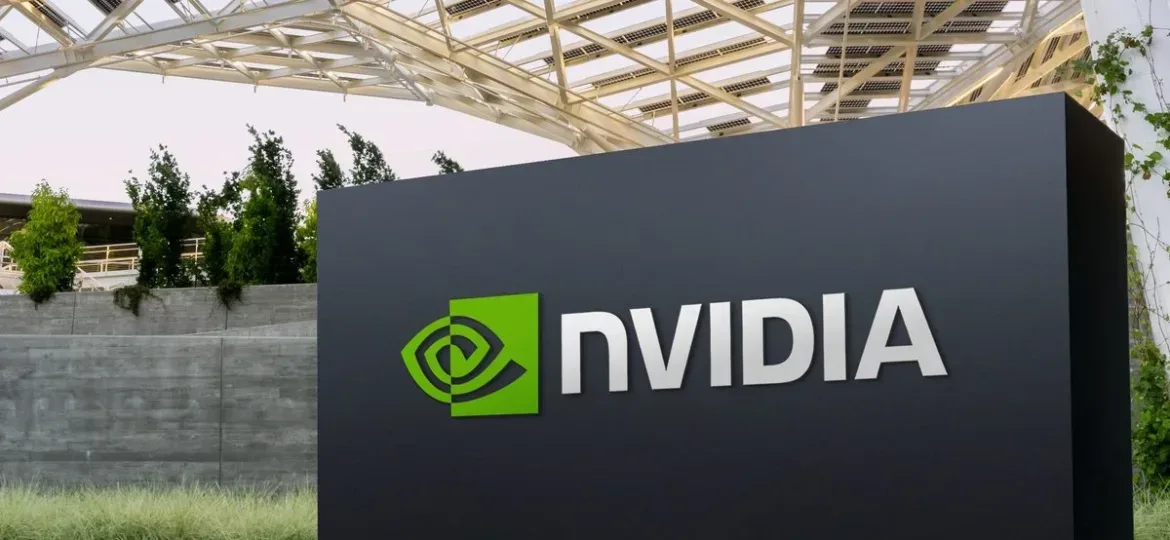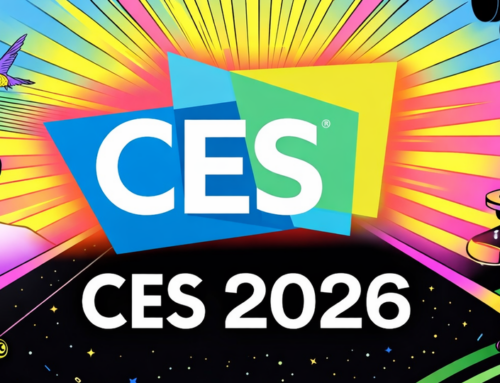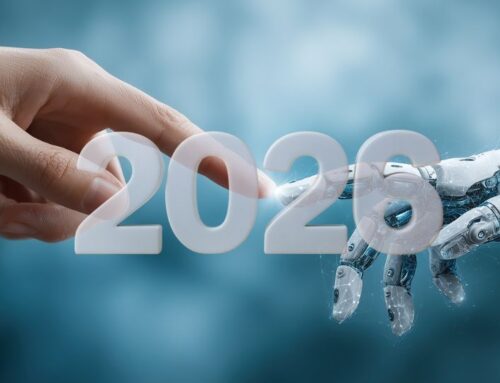March_GTC Feature|2025 GTC Hwang Jen-Hsun Speech Highlights
Author: Mr. Lin Weizhi, Executive Vice President, Ji-Pu Industrial Trend Research Institute
Since its inaugural event in 2009, Nvidia's annual GTC conference has grown to become the premier event for artificial intelligence (AI) and accelerated computing. This year's event, held March 17-21 in San Jose, USA, featured more than 300 demonstrations and 1,000 presentations. On March 19, Taiwan time, Pfizer CEO Jen-Hsun Huang delivered a keynote speech to unveil the latest chipsets, AI platforms, and innovative applications, creating a new wave of global technology development. Jen-Hsun Huang also introduced Taiwan's night market culture into the exhibition for the first time, bringing together street food and handicrafts from more than 20 local merchants and workers to create the "GTC Night Market" in the plaza.
In his opening remarks, Mr. Huang recounted the journey of GTC from its beginnings 25 years ago with a focus on GeForce graphics cards to its current status as the world's premier AI technology event. In particular, he showcased the new generation of flagship graphics card, GeForce 5090, and emphasized how AI has revolutionized computer graphics technology and enabled 100% real-time path tracking, dramatically improving accuracy and time stability.
AI has progressed rapidly in the last decade. From the past's perceptual AI and generative AI to the current agent AI, AI has been able to perceive the environment, understand the context for reasoning, plan actions, and make good use of tools to solve problems. Huang Jen-Hsun even predicted that the next wave of AI will be "Physical AI", which will be endowed with the ability to understand the world, including inertia, friction, causality, and other physical characteristics, which will become the core of the future development of robotics technology.
Each phase of AI will bring new opportunities to the market. Currently, Blackwell has incredible customer demand, with the top four CSPs in the U.S. already purchasing 3.6 million wafers this year, which is nearly three times as many as last year's Hopper architecture wafers (1.3 million wafers). Agent-capable AI requires massive amounts of inference, with the amount of computation required being 100 times higher than last year's estimate. With the growing demand for AI and computing, capital expenditures for Pfizer's data centers are expected to reach $4.5 billion in 2028, up from $4.5 billion in 2010.










